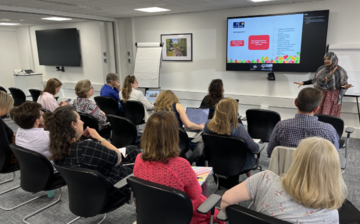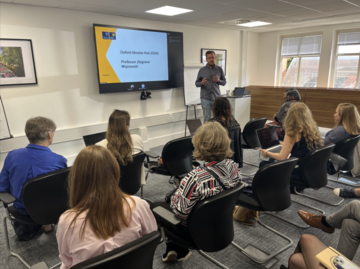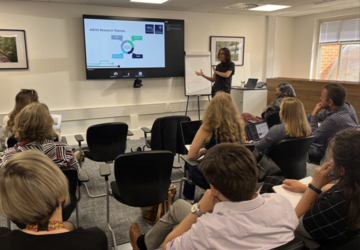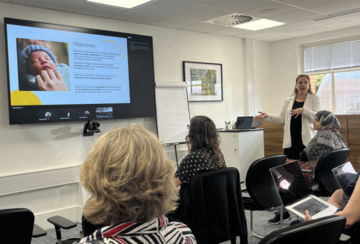Intended to serve as a platform for an international community of researchers and practitioners – enabling them to connect and collaborate in preventing or mitigating conflict and shaping a more secure future – selected highlights of Oxford Conflict, Peace and Security Hub’s achievements included:
- Welcoming major UN Chief Executives to Oxford for meetings and public events, as well as organising major roundtables featuring high-profile scholars and discussants from Oxford, Durham, Sheffield, and Bologna.
- Coordinating a synergic initiative with United Nations Academic Impact, producing podcasts and scientific digests circulated through UN channels
- Convening the UNAI Principle Hub on Peace and Conflict Resolution, contributing to the University of Oxford’s appointment as Vice Chair for Research for the United Nations Academic Impact (UNAI) Sustainable Development Goal (SDG) 16 for 2025-2027.







